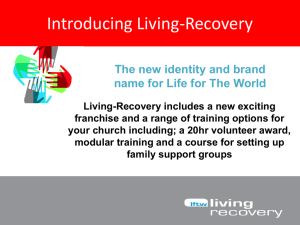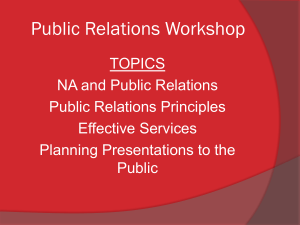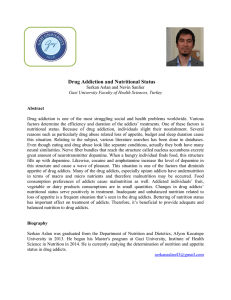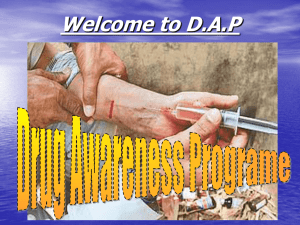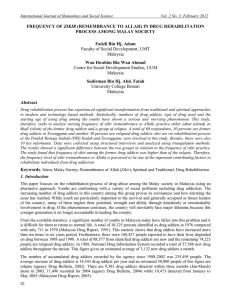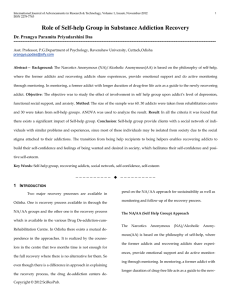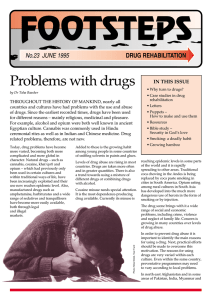Wellness, Productivity, & You! October 2014
advertisement
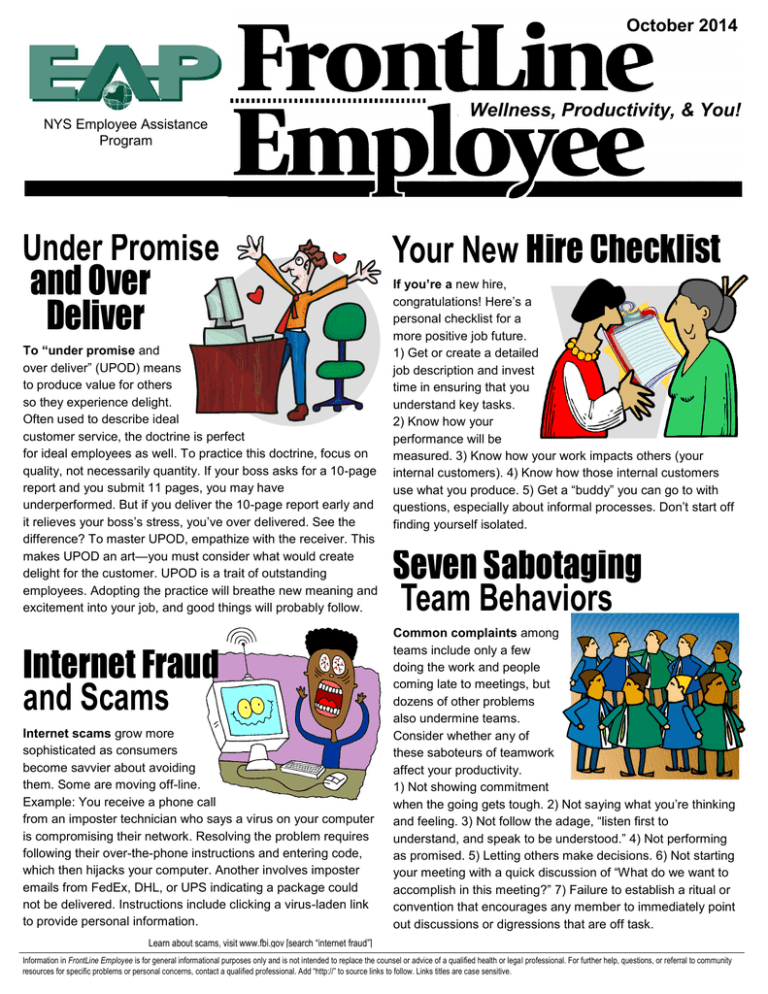
October 2014 Wellness, Productivity, & You! NYS Employee Assistance Program www.worklife.ny.gov/eap Your New Hire Checklist Under Promise and Over Deliver If you’re a new hire, congratulations! Here’s a personal checklist for a more positive job future. 1) Get or create a detailed job description and invest time in ensuring that you understand key tasks. 2) Know how your performance will be measured. 3) Know how your work impacts others (your internal customers). 4) Know how those internal customers use what you produce. 5) Get a “buddy” you can go to with questions, especially about informal processes. Don’t start off finding yourself isolated. To “under promise and over deliver” (UPOD) means to produce value for others so they experience delight. Often used to describe ideal customer service, the doctrine is perfect for ideal employees as well. To practice this doctrine, focus on quality, not necessarily quantity. If your boss asks for a 10-page report and you submit 11 pages, you may have underperformed. But if you deliver the 10-page report early and it relieves your boss’s stress, you’ve over delivered. See the difference? To master UPOD, empathize with the receiver. This makes UPOD an art—you must consider what would create delight for the customer. UPOD is a trait of outstanding employees. Adopting the practice will breathe new meaning and excitement into your job, and good things will probably follow. Seven Sabotaging Team Behaviors Common complaints among teams include only a few doing the work and people coming late to meetings, but dozens of other problems also undermine teams. Consider whether any of these saboteurs of teamwork affect your productivity. 1) Not showing commitment when the going gets tough. 2) Not saying what you’re thinking and feeling. 3) Not follow the adage, “listen first to understand, and speak to be understood.” 4) Not performing as promised. 5) Letting others make decisions. 6) Not starting your meeting with a quick discussion of “What do we want to accomplish in this meeting?” 7) Failure to establish a ritual or convention that encourages any member to immediately point out discussions or digressions that are off task. Internet Fraud and Scams Internet scams grow more sophisticated as consumers become savvier about avoiding them. Some are moving off-line. Example: You receive a phone call from an imposter technician who says a virus on your computer is compromising their network. Resolving the problem requires following their over-the-phone instructions and entering code, which then hijacks your computer. Another involves imposter emails from FedEx, DHL, or UPS indicating a package could not be delivered. Instructions include clicking a virus-laden link to provide personal information. Learn about scams, visit www.fbi.gov [search “internet fraud”] Information in FrontLine Employee is for general informational purposes only and is not intended to replace the counsel or advice of a qualified health or legal professional. For further help, questions, or referral to community resources for specific problems or personal concerns, contact a qualified professional. Add “http://” to source links to follow. Links titles are case sensitive. . October 2014 FrontLine Employee Relationship Stress and Aging Parents The Promises of Recovery from Addiction The express elevator ride to the bottom for drug addicts is well-known, but what happens when they recover? Health benefits accrue, of course, but there are many add-ons. The most powerful benefits result from reorienting one’s thinking from blaming others for one’s problems to taking personal responsibility for thoughts and actions. This elimination of the “my problems are caused by others” approach to life relieves guilt, anger, and depression. Relationships become healed, and new ones are forged. This phenomenon also creates energy, and from it flow feelings of hope and excitement about life. But there’s more. Addicts learn to be “teachable.” And this means becoming more open to new ideas and information. After committing to recovery, many addicts find a sense of purpose by helping others get clean and sober, and they begin seeing the tragedy of their past as an experience they can share to help others. Addicts do relapse, which virtually all treatment professionals accept as part of the process on the road to long-term sobriety. However, those who have fully committed to recovery have fewer relapses and if they do fall off the wagon, they bounce back more quickly. A recovery program is why many addicts get better than just well. Don’t Dismiss Eldercare resource agencies and websites offer information on adult day care, assisted living, transportation, and more. Harder to find is help on coping with fear, anger, and grief from a changing relationship with your elderly parent. If it is difficult to accept an elderly parent’s forgetfulness, dependency, frailty, depression, and inability to perform small tasks, you may benefit from short-term counseling. The parent’s admission to a nursing home can add dramatically to this “acceptance stress.” Frustration, denial, and guilt can lead to a lack of empathy for an elderly person’s diminishing capacity, or you can find yourself short on patience for your parent’s limitations. Aging parents are a reminder that the vibrant health and wellness part of our lives is finite. Your EAP or a local area agency on aging can lead you to a support group for coping during this emotional period, or try a resource such as Meetup.com to form your own. Reducing Shared-space Headaches Domestic Violence Domestic abuse is often initially excused by victims as unintentional or a one-time reaction to too much stress. Unfortunately, the psychological makeup of abusers typically involves ensnaring victims in a dependent relationship that is colored by hope and excitement but ultimately is one that causes the abuse to grow worse. Breaking free can be profoundly difficult, not just because of fear, but because of determination to make the relationship work. This can delay an exit plan to save one’s life. Some victims pride themselves on their ability to manage stress, care for others, take on all the domestic chores, and even find time to offer guidance to friends with relationship problems. If you are in an abusive relationship and identify with these signs of struggle, become educated about domestic abuse victimization by seeking counseling to help you. For many domestic violence victims, leaving feels like it is not an option in part because of a belief that they haven’t tried hard enough to transform the abuser. Don’t let this be you. . Sharing work space with a coworker and striving to be productive while also avoiding grating on each other’s nerves can be wearisome. Coping demands self-awareness and practicing common courtesies. Four rules for working in close quarters can help. 1) Accept that conflicts will naturally arise periodically. This will help prevent your overreaction to them. 2) Conflicts are opportunities to know your coworker better and become closer when they are resolved. 3) Minimize frequency of conflict by not allowing irritations to compound. Discuss the small stuff. 4) Maintain good hygiene, orderliness, and boundaries. This is the “trilogy” of shared-space harmony. These boundaries aren’t about physical location, but anything touching on sounds, smells, privacy, or matters associated with resource sharing, compromise, and negotiation.
